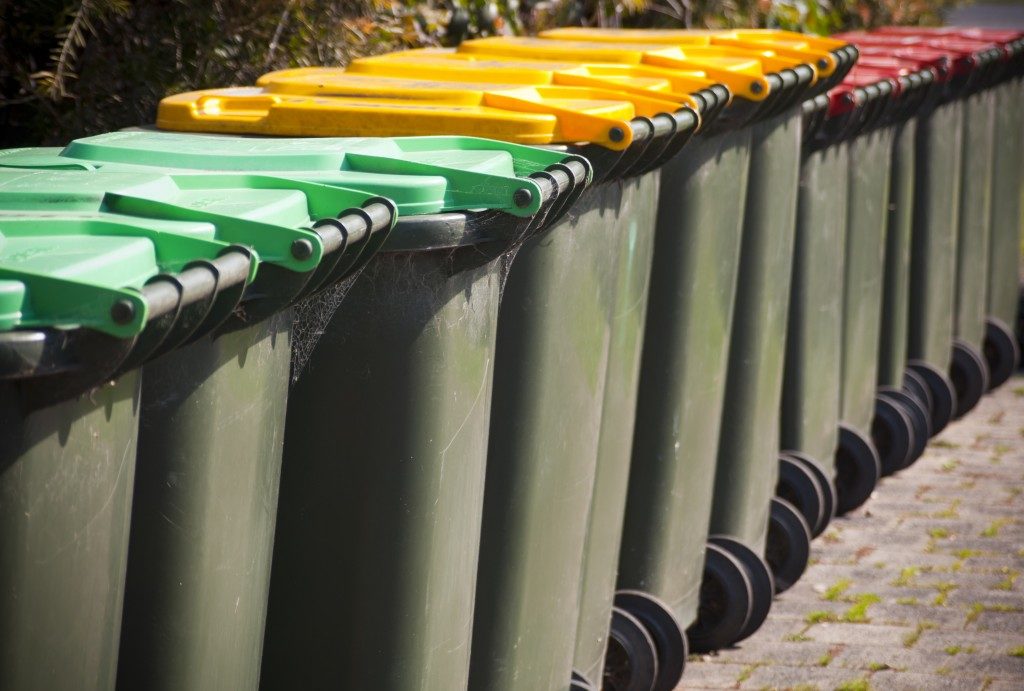The effectiveness of waste management programs determines the sustainability of the cities we live in. An integrated and socially adaptable system seems to be the least requirement. The prediction of the World Economic Forum that seas will contain more plastic than fish by 2050 should not be taken lightly.
Everyone must be involved. The massive responsibility of environmental cleaning companies here in Utah must be shared by every household. After all, we are all members of the community.
Plastic pollution
There is no remedy to plastic pollution more effective than removing the problem from the equation. A plastic bottle will still be undergoing the process of decomposition after 100 years or so. The annual waste generation of plastic pollutants alone is already a staggering number.
With rapid population growth, we can only expect more plastic bottles in the oceans if we don’t change our ways. We may be changing our attitude towards plastic by using refillable water containers and reusable bags to carry groceries with.
Nevertheless, the only effective solution to the problem is to stop plastic production and use once and for all. We must invest our resources on the search for viable alternatives, and we must do this without delay.
Waste segregation
The average waste produced by a typical America per year amounts to about 2,000 pounds or approximately 900 kilograms. As of January 4, 2020, there are more than 330 million Americans in the United States.
Do the math. If every soul in that census choose to segregate the waste they produce, then it would be a different story. The landfills would be able to breathe, and our oceans would be more capable of supporting healthy marine life.
It’s not as complicated or bothersome as you think. Start by assigning and labeling bins into two main categories – non-biodegradable and biodegradable. If you really want to make a difference, go so far as allocating separate containers for metal, glass, organic waste and plastic.
You can add more categories, or better yet, learn about local practices of segregation in effect. If you segregate now and maintain the practice, you will contribute about 80% reduction in waste being dumped haphazardly in landfills. You will make a difference, and it will count.

Repurposing trash
Another way to improve waste management in the household is to repurpose trash. The practice is particularly useful to the do-it-yourselfers. You can make DIY showpieces and use them to decorate your home. Better yet, invest time and resources, and maybe you can sell them online for a profit.
Aside from home decor, repurpose trash and make them into cleaning tools, plant boxes, window screens, bookshelves, and novelty items people would want to buy.
Collectively, human beings produce tons of waste every day. There are low-cost alternatives and simple habits you can start to adopt to reduce household waste production. Of course, local authorities must endeavor to set updated standards.
They should implement better policies to improve the collection and disposal of waste products. Waste production is an integral part of our lives, so let us all take responsibility for it.

